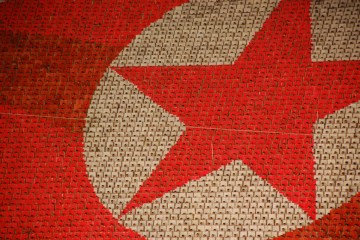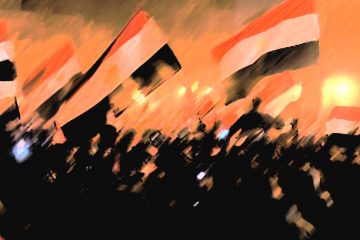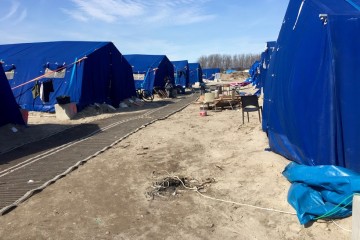
From Area to Area: The Changing Face of Area Studies
North Korean Studies: the focus on the hermit kingdom, its politics, economics, and society; the kingdom that poses a real-life threat to South Korea, and the world order as we know it today; a unique Marxist-Leninist state in the twenty-first century. Why focus on this particular area? More broadly, why devote time, funding, and research to the study of specific “areas” of the world? Surely an increasingly interconnected globe has rendered redundant the concept of a fixed “area”? The field of political geography—including geopolitics—has witnessed lengthy definitional and procedural debates around the field of area studies. North Korean studies—an area study in itself—offers a plethora of avenues for insight into area studies more widely in debates on how “best” to …

Contested Constitutions: A Microcosm of post-Arab Spring Divisions
Five years after Mohamed Bouazizi’s self-immolation in Sidi Bouzid, Tunisia ignited the Arab Spring. Yet while it inspired hope for democratic transition across the Middle East and North Africa, the region continues to be embroiled in civil war, terrorist networks, and crises of political legitimacy. In Syria and Bahrain, dictators used violence to thwart protests, leading to a prolonged civil war in Syria. In Yemen, despite the dictator’s negotiated transfer of power, rival sectarians are vying for power. In Tunisia and Egypt, dictators stepped down without much bloodshed. Lastly, in Libya, rebels overthrew the dictator with foreign military aid, but soon succumbed to factional warfare. This article will explore the interlude of democratic or semi-democratic politics in Tunisia, Egypt and …

To be alive is to have hope
I traveled to the Calais migrant and refugee camp from March 14 to 16, together with a humanitarian student group from Brasenose College that collected donations and supplies to aid local NGOs with clothing and basic medical supplies. This article is based on my impressions of the camp and interviews with the migrants, refugees and NGO workers.









